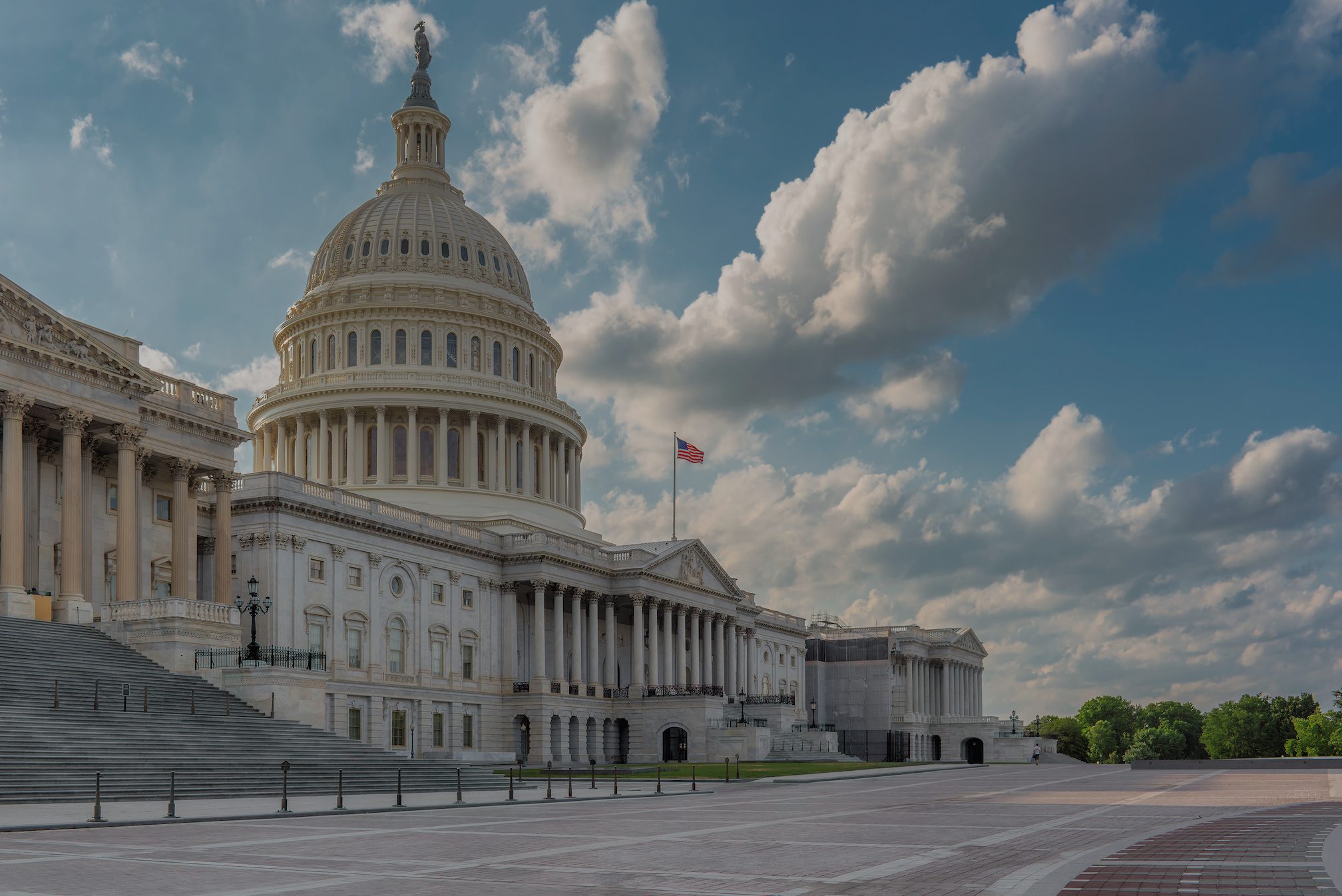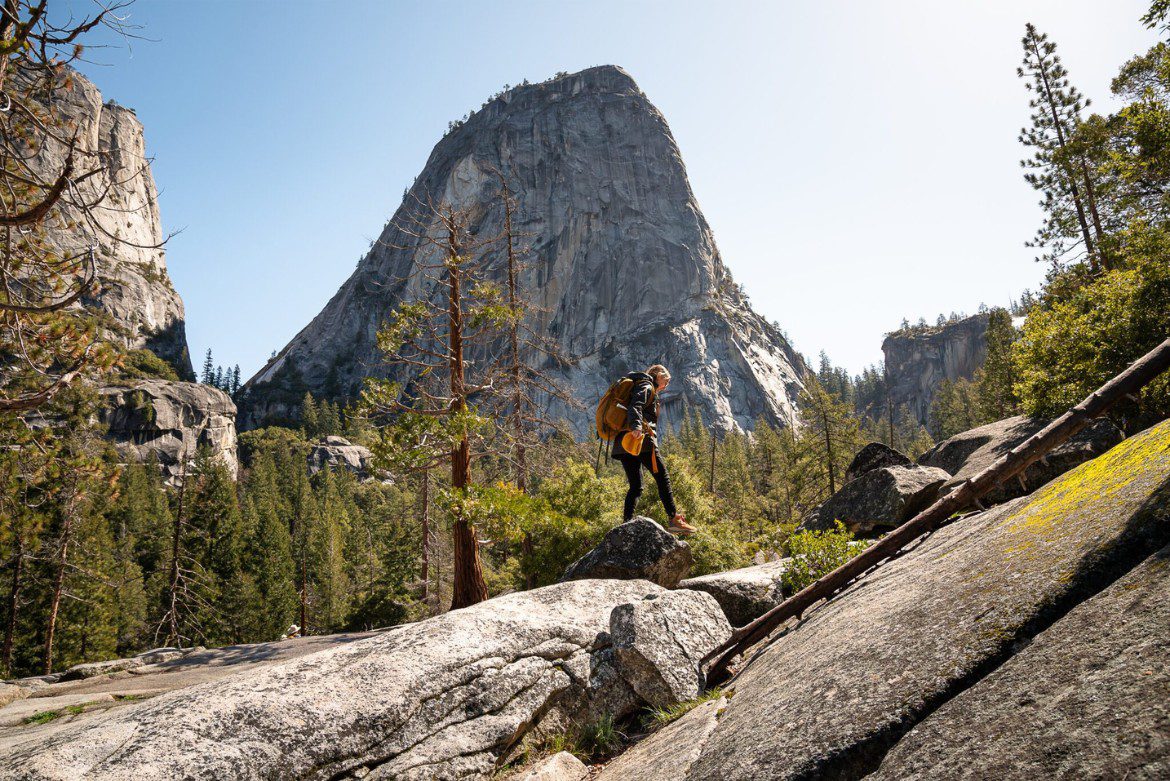A letter from OIA President Kent Ebersole
Dear OIA Members,
The outdoor industry is at a pivotal moment. As a core part of a $1.2 trillion industry that supports 5 million American jobs, OIA is committed to standing strong on the issues that matter most to you—conservation, recreation, trade, and sustainability. We understand the challenges our industry and your business face. Whether it’s the uncertainty of tariff policies, threats to public lands, or the rollback of critical environmental protections, this political climate requires bold advocacy and strategic engagement.
Our policy agenda and advocacy efforts focus on our members’ priorities and industry values, driving business success and industry resilience:
- Conservation: Advocating for policies that protect public lands and waters, ensuring our treasured landscapes remain accessible and preserved.
- Recreation: Promoting investments in recreation infrastructure to support equitable access to outdoor experiences.
- Trade: Pushing for stable, predictable trade policies that enhance competitiveness and reduce unnecessary tariffs.
- Sustainability: Advancing impactful policies that promote responsible manufacturing and environmental stewardship.
- State Policy: Influencing policies that drive growth and opportunity for outdoor businesses and communities nationwide.
As a member-driven organization, OIA is taking the path of greatest impact—one that keeps us at the table, drives constructive dialogue with lawmakers, and ensures your voices are heard where it matters most. No matter who occupies the White House or which party holds power in Congress, our focus remains clear: delivering meaningful progress for our industry and protecting the places and policies that enable outdoor businesses and communities to thrive.
In 2025, we will take bold, proactive steps to support our members and advance the outdoor industry’s interests through targeted advocacy, resource development, and meaningful engagement opportunities:
- Catalyze Advocacy Efforts: Advocate at OIA Capitol Summit, connect members with policymakers through direct advocacy opportunities, and expand state-level influence by relaunching our state policy program.
- Equip Members with Resources: Provide policy tools, data-driven insights, and a new platform to take advocacy action, share breaking updates, and discuss critical policy issues with members.
- Build Industry Connection and Collaboration: Bring members together through task forces, working groups, and monthly Trade and Recreation Advisory Council meetings to address industry priorities.
We will maintain open lines of communication with Congress and the administration, advocating fiercely on your behalf. We won’t compromise our values. Instead, we will use our influence to strategically drive outcomes that benefit the outdoor industry, the environment, and the communities we serve.
For more than 35 years, our industry has met moments of change with strength and unity. We’ve led the way in securing landmark victories, including the permanent reauthorization of the Land and Water Conservation Fund (LWCF) and the passage of the EXPLORE Act, achieving real, lasting wins for the industry. As we look ahead, we remain unwavering in our commitment to public policy and advocacy, knowing that our collective voice is more important than ever.
With your partnership, we will champion smart policy, defend our industry’s interests, and continue to catalyze meaningful change for the outdoors and all who enjoy it. Explore our policy agenda and join us on March 12 at 1 pm MT for a members-only webinar to connect with fellow leaders, dive into the issues, and discover how your voice can help lead the charge.
Together we are a force,

Kent Ebersole
President
Outdoor Industry Association







